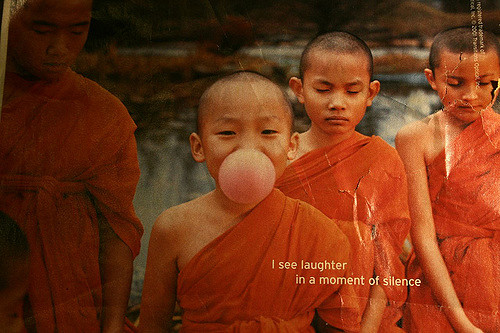
“Foresight, a daughter of affluence, is the source of unhappiness; enjoyment of the present, with attention to our morality, is happiness.” ~ Emmanuel Kant
~
~
What is happiness and how does it relate to morality?
Since its inception, humankind has been fascinated by the pursuit and the fruits of happiness.
Aristotle taught that happiness should be our primary goal in life and that in order to be happy, one must attain moral virtue. In his seminal work, The Nicomachean Ethics, written in 350 B.C.E., he presents a theory of happiness that is still relevant more than two millennia later. Its opening line states, “Every art and every inquiry, and similarly every action and pursuit, is thought to aim at some good; and for this reason the good has rightly been declared to be that at which all things aim.”
Aristotle asks, “What is the ultimate purpose of human existence?” Notably, his prime interest lies in life’s “purpose” rather than its “meaning.” He inquires as to what is the most important goal toward which we should direct all of our activities. Pleasure? Abundance? Status and reputation? While Aristotle does not deny the value of these, he asserts that happiness is the chief good for which humanity should aim, “worth pursuing for its own sake and never for the sake of anything else that might be gained through it.”
Do we desire money, pleasure, marriage, children, and accolades because we believe that the possession of these will make us happy? According to Aristotle, all virtues are a means of obtaining happiness, while happiness is simultaneously both the path and the goal, the means and the end. Happiness is not fleeting, evasive or temporal, but rather the ultimate end and purpose of human existence: the exercise of virtue. This happiness is far from from the pop culture definition of a happiness attained through acquisition and consumption.
It seems to me that the older I get, the happier I am. Wisdom comes with age and reflection, and more wisdom brings greater joy. According to Aristotle, authentic happiness cannot be achieved until the end of one’s life, since it is a goal and not a temporary state. Our individual level of happiness is the result of our character development and requires contemplation, a mental activity which Aristotle sees as the ultimate realization of our rational, intellectual capacities. Aristotle conceives of “happiness as the primary goal of the happy life.” The whole point of contemplating and examining the nature of happiness is to aid our pursuit of happiness.
Aristotle would surely criticize our modern culture of instant gratification, because he realized that humans cannot achieve happiness through the pursuit of superficial or momentarily-passing pleasures. He astutely noted that “the mass of mankind are evidently quite slavish in their tastes, preferring a life suitable to beasts,” long before our current era of digital devices and their provision of an unending stream of information made possible by the internet.
Virtue is achieved by maintaining “the Mean,” a concept akin to the Buddha’s Middle Path. For Aristotle, this was a way of achieving virtue; in Buddhism, the Middle Path is a practical paradigm by which to live a mindful life and find a healthy balance, avoiding the extremes of asceticism and pleasure seeking.
Aristotle’s doctrine of virtue seeks the “golden mean” between the extremes of excess and deficiency. Compassion, for example, is a mean between the deficiency of apathy (too little care) and the excess of pity (too much, false, or misdirected care). Courage is virtuous when it strikes the balance between cowardice and egotism, between indifference and showiness.
The greatest happiness can be achieved by adhering to moral values as we live our daily lives. While some level of planning and goal-setting is essential, the common habit of projecting too much into the future and consciously or unconsciously clinging to our expectations is a major root cause of unhappiness.
Happiness is the subtle experience of the present moment, coupled with devotion to virtues and positive intentions of gratitude, kindness, and acceptance. We can live the happiest possible life—for the benefit all beings, including ourselves—through the pursuit of goodness.
~
~
~
Author: Michelle Margaret Fajkus

No comments:
Post a Comment